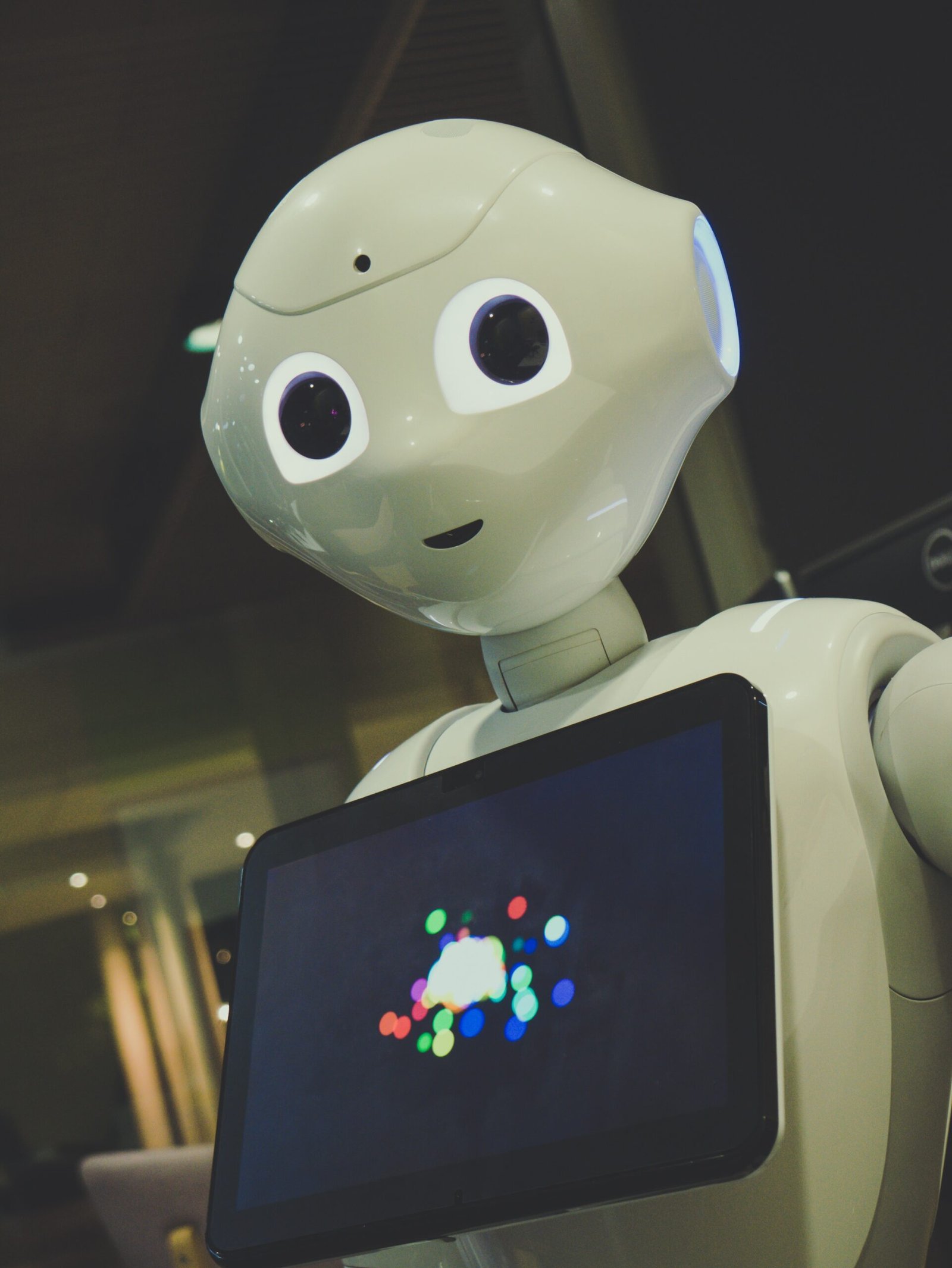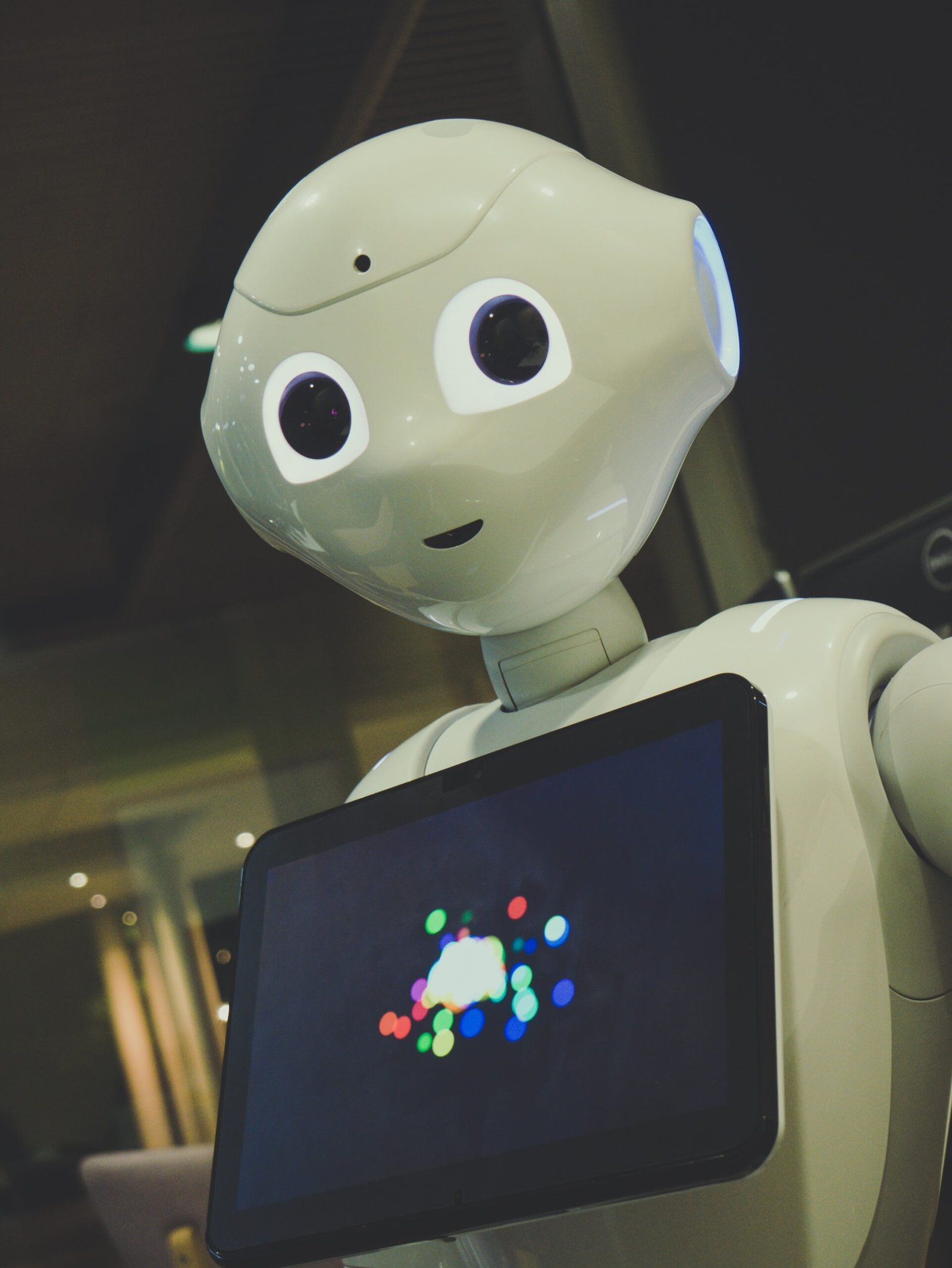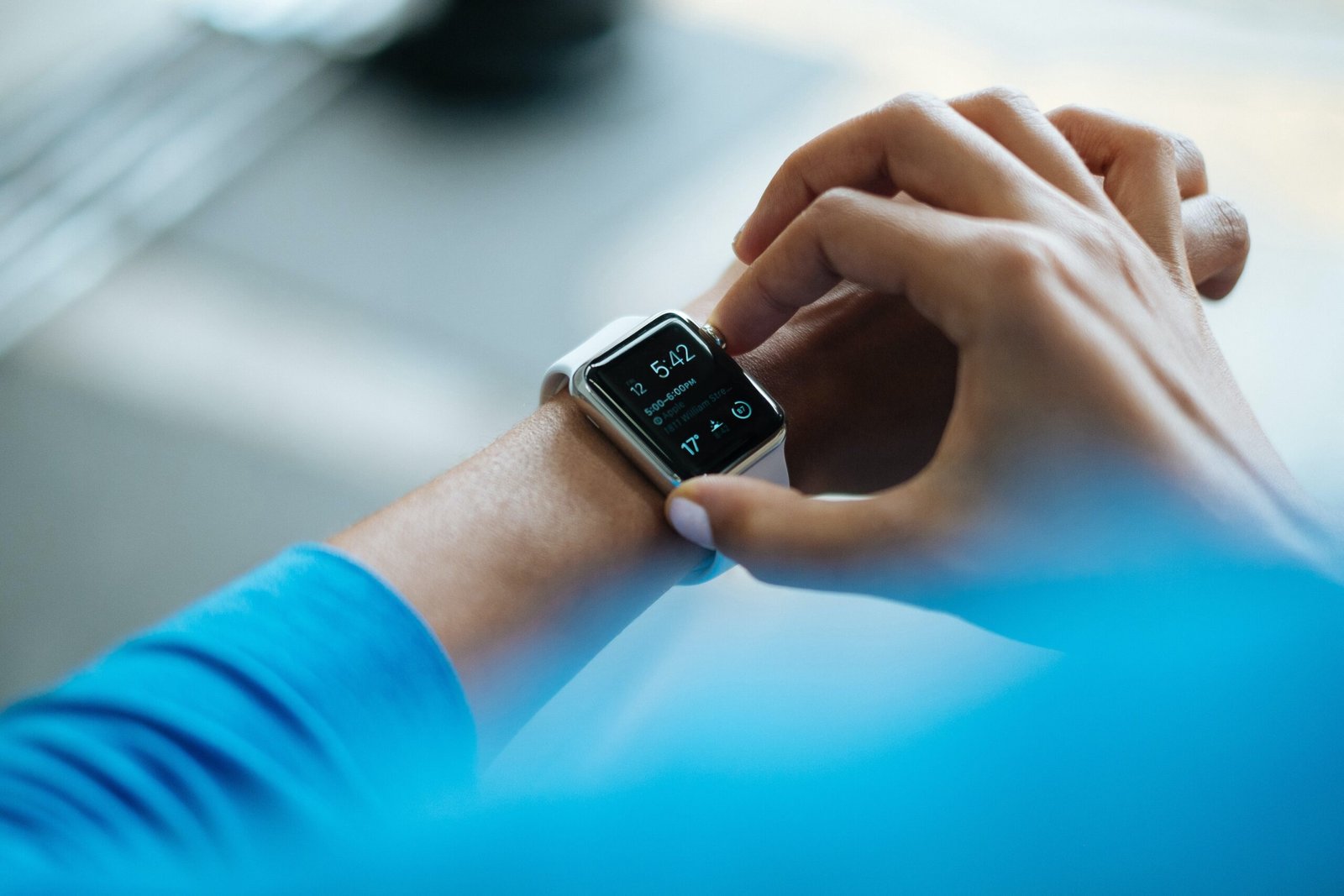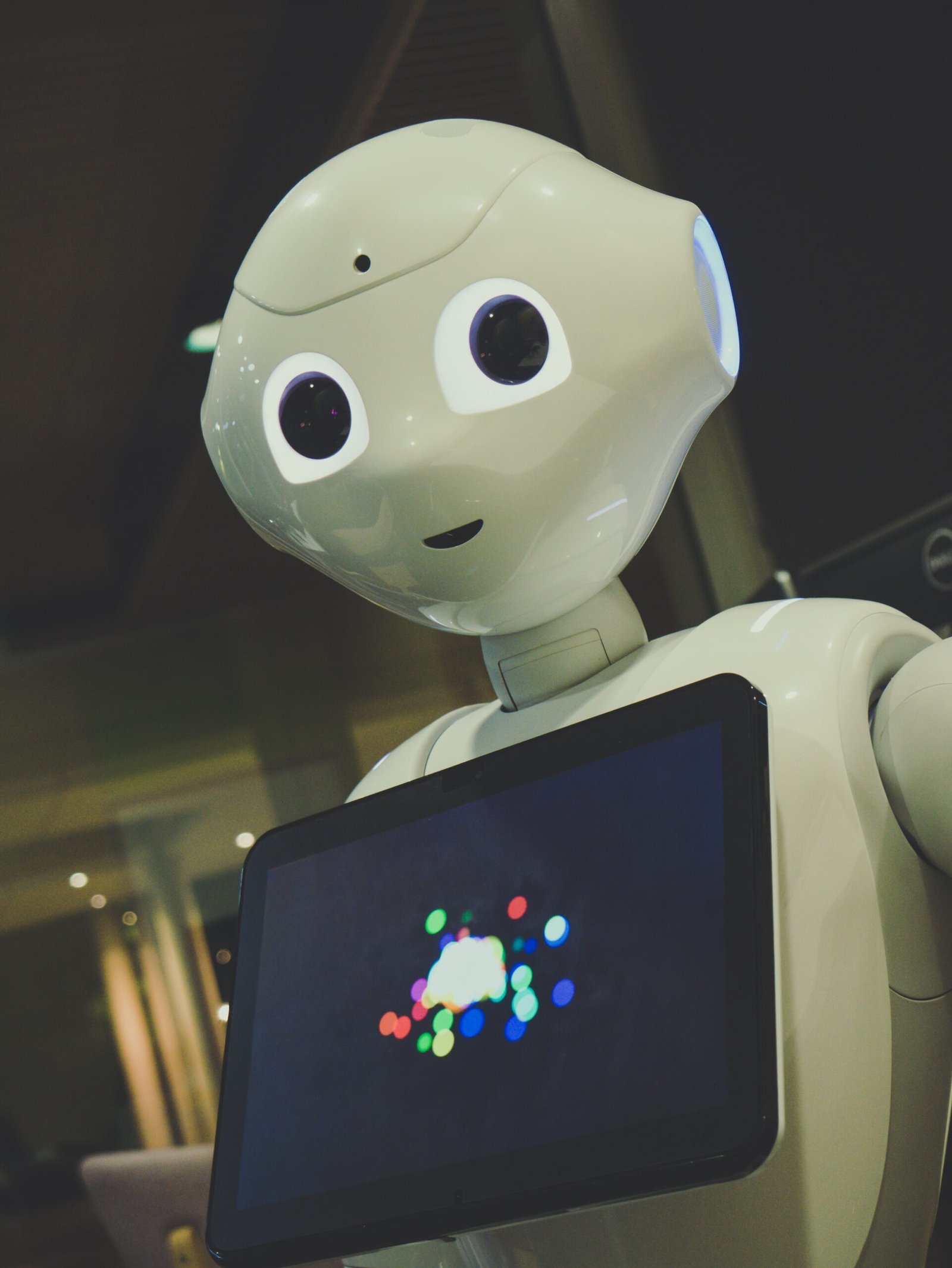The Latest Developments in Artificial Intelligence in Healthcare
Artificial intelligence (AI) has been revolutionizing the healthcare industry, paving the way for improved diagnosis, treatment, and patient care. Over the past year, significant advancements have been made in AI technology, leading to exciting developments that are shaping the future of healthcare. In this blog post, we will explore the latest trends in AI in healthcare and discuss how they are transforming the industry.
Introduction
Did you know that AI can analyze medical images with an accuracy comparable to human experts? Or that AI-powered chatbots can provide personalized healthcare advice to patients? These are just a few examples of how AI is revolutionizing healthcare. In this blog post, we will delve into the latest developments in AI in healthcare and their potential impact on the future of medicine.
1. AI in Medical Imaging
One of the most significant advancements in AI in healthcare is its application in medical imaging. AI algorithms can analyze medical images, such as X-rays and MRIs, to detect abnormalities and assist in diagnosis. This technology has the potential to improve the accuracy and efficiency of radiologists, leading to faster and more accurate diagnoses.
For example, a study published in the Journal of the American Medical Association found that an AI algorithm outperformed radiologists in detecting breast cancer on mammograms. The algorithm achieved a sensitivity of 94.5% compared to 88.2% for radiologists. This breakthrough highlights the potential of AI in improving cancer detection and ultimately saving lives.
2. AI-powered Virtual Assistants
AI-powered virtual assistants, or chatbots, have become increasingly popular in healthcare settings. These virtual assistants can provide personalized healthcare advice, answer patient questions, and even schedule appointments. By leveraging natural language processing and machine learning algorithms, chatbots can offer round-the-clock support to patients, reducing the burden on healthcare providers.
For instance, Babylon Health, a UK-based healthcare company, developed an AI-powered chatbot that can triage patients and provide medical advice based on their symptoms. The chatbot uses a vast database of medical knowledge and continuously learns from user interactions to improve its accuracy over time. This technology has the potential to improve access to healthcare and alleviate the strain on healthcare systems.
3. Predictive Analytics
Predictive analytics, powered by AI, is transforming healthcare by enabling early detection and intervention. By analyzing large datasets, AI algorithms can identify patterns and predict patient outcomes, allowing healthcare providers to intervene before a condition worsens.
For example, researchers at Stanford University developed an AI algorithm that can predict which patients are at high risk of developing sepsis, a life-threatening condition. By analyzing electronic health records, the algorithm can identify early signs of sepsis and alert healthcare providers, enabling timely intervention and potentially saving lives.
4. Robotics in Surgery
Robotic surgery has been gaining traction in recent years, with AI playing a crucial role in enhancing surgical precision and efficiency. AI-powered robots can assist surgeons in complex procedures, improving outcomes and reducing the risk of human error.
For instance, the da Vinci Surgical System, a robotic surgical platform, combines AI, robotics, and advanced imaging to enable minimally invasive surgery. The system provides surgeons with enhanced visualization, dexterity, and control, leading to improved surgical outcomes and faster patient recovery.
Conclusion
The advancements in AI in healthcare are transforming the industry, revolutionizing diagnosis, treatment, and patient care. From AI-powered medical imaging to virtual assistants and predictive analytics, these developments are reshaping the future of healthcare. As AI continues to evolve, we can expect even more breakthroughs that will improve patient outcomes and enhance the overall quality of care.
Call to Action
Are you excited about the potential of AI in healthcare? Stay updated with the latest news and developments by subscribing to our newsletter. Join us in embracing the future of medicine and together, let’s revolutionize healthcare with AI.
FAQs
Q: How is AI being used in healthcare?
A: AI is being used in healthcare for various applications, such as medical imaging analysis, virtual assistants, predictive analytics, and robotics in surgery.
Q: Can AI improve the accuracy of medical diagnoses?
A: Yes, AI algorithms can analyze medical images and detect abnormalities with a high level of accuracy, potentially improving diagnostic accuracy.
Q: How can AI-powered virtual assistants benefit patients?
A: AI-powered virtual assistants can provide personalized healthcare advice, answer patient questions, and assist in scheduling appointments, improving access to healthcare and reducing the burden on healthcare providers.
Q: What is the future of AI in healthcare?
A: The future of AI in healthcare is promising, with ongoing advancements in technology. We can expect AI to continue revolutionizing diagnosis, treatment, and patient care, leading to improved outcomes and enhanced quality of care.
Q: How can I stay updated with the latest developments in AI in healthcare?
A: Subscribe to our newsletter to stay updated with the latest news and developments in AI in healthcare.
Tips
– Stay informed about the latest advancements in AI in healthcare by following reputable sources, such as peer-reviewed journals and industry reports.
– Engage in discussions and forums to exchange ideas and insights with other professionals in the field.
– Consider attending conferences and webinars to learn from experts and stay abreast of the latest trends in AI in healthcare.
Remember, AI is revolutionizing healthcare, and by staying informed and actively participating in the field, you can contribute to shaping the future of medicine.









